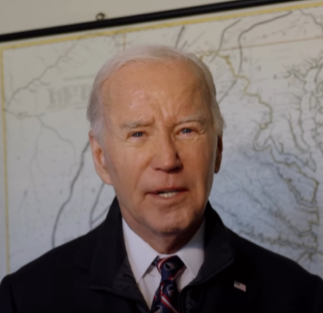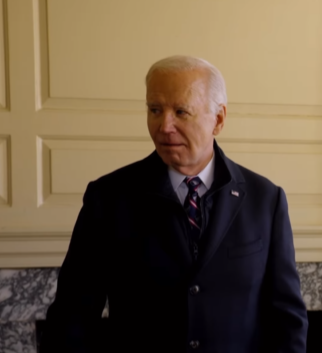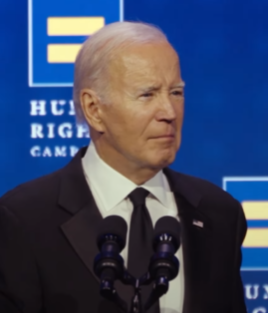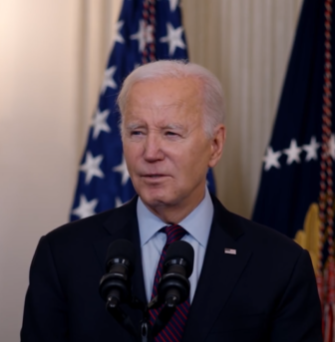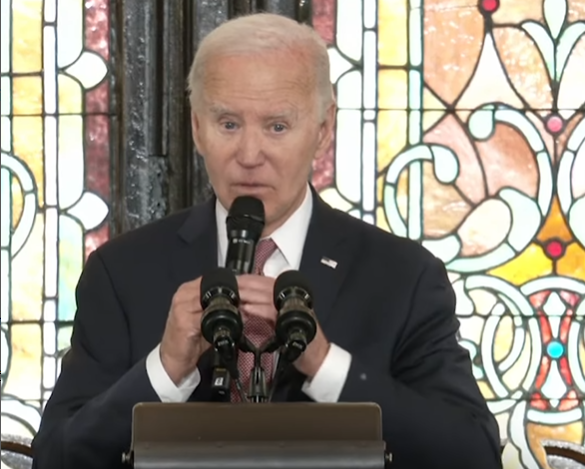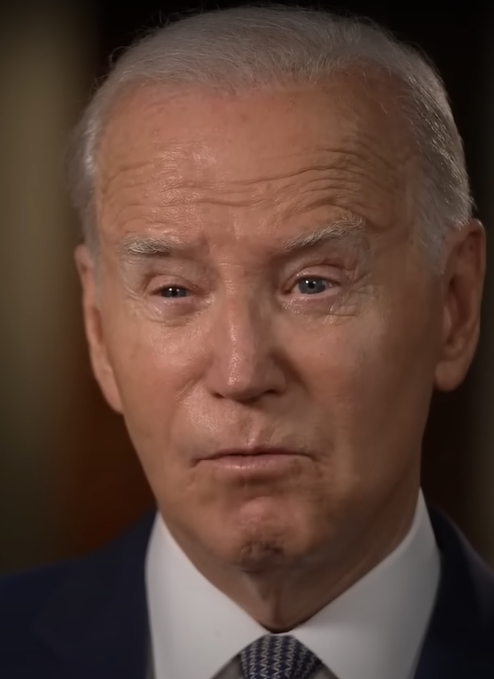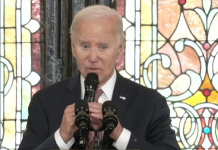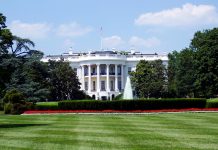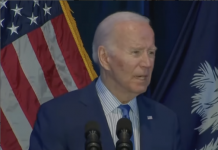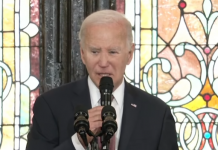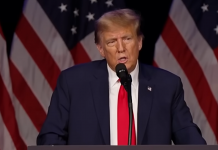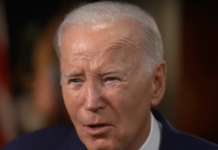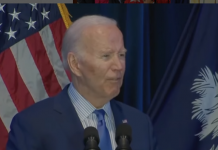The United States’ commitments to the defense of Japan and the Philippines remain “firm,” President Joe Biden said on Thursday (11), as he welcomed the leaders of those countries amid their own territorial disputes with China.
With this, the comments came as Biden organized the first trilateral summit between the three countries, welcoming Philippine President Ferdinand Marcos Jr. to the White House, one day after the official visit of Japanese Prime Minister Fumio Kishida.
“When we are one, we will be able to create a better future for everyone,” Biden said in the East Room of the White House on Thursday.
Japan and the Philippines both have separate territorial disputes with China, in the former’s case the Senkaku Islands in the East China Sea and elsewhere in the South China Sea.
Philippines-China tensions have centered on the Second Thomas Shoal, a sandbar about 200 kilometers off the coast of the Philippine island of Palawan.
In the 1990s, the Philippines beached an old World War II transport ship on the sandbar to help assert its claim to the area. The ship is now basically a rusting wreck and is crewed by Philippine Marines stationed on a roster basis.
Thursday’s meeting marks the administration’s latest attempt to deal with this type of Chinese aggression, and a senior administration official said before the meeting that the White House is very concerned about Chinese actions in the South Sea. China.
“What you will see is a clear demonstration of support and determination from both President Biden and Prime Minister Kishida that we stand shoulder to shoulder with Marcos, ready to support and work with the Philippines at every step,” an official said before the Thursday meeting.
Marcos said Thursday that the Philippines, Japan and the United States “meet today as friends and partners united by a shared vision in the pursuit of a peaceful, stable and prosperous Indo-Pacific.”
The three countries, Marcos added, are “bound by a deep respect for democracy, good governance and the rule of law.”
The meeting comes at a time when the region is grappling with the uncertainty of China’s aggressive stance towards Taiwan and the South China Sea, along with North Korea’s nuclear provocations and its growing relationship with Russia – concerns that brought the US’s regional allies closer together.

